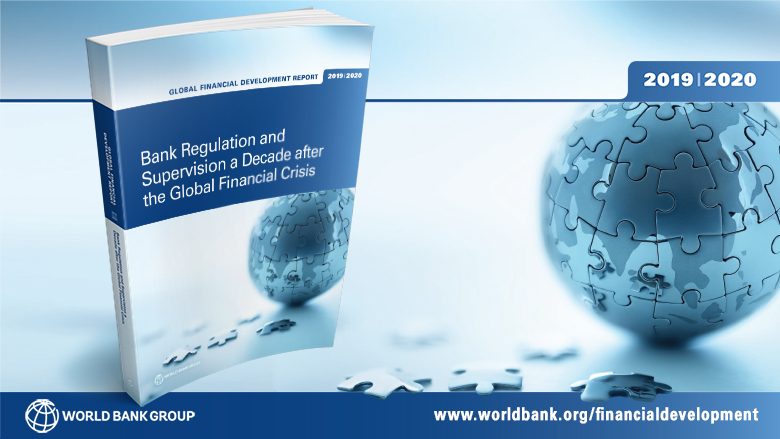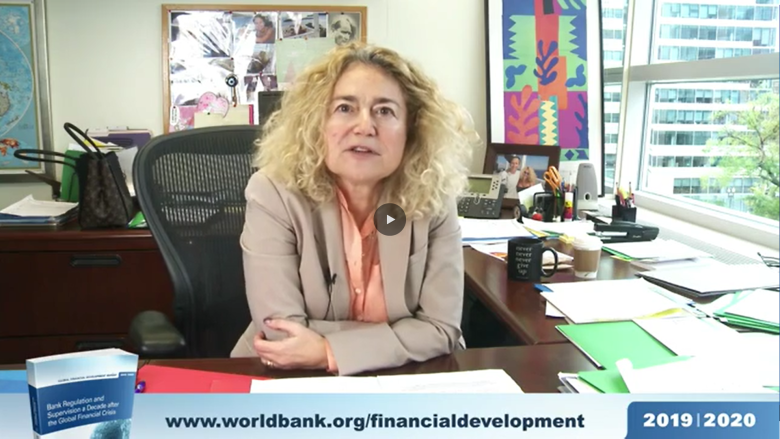Main Messages
- Developing countries have increased their minimum capital requirements to help curb risks, but greater information disclosure and supervisory capacity are needed.
- Effective regulation and supervision need to harness the power of market discipline to curb excessive risk-taking by private parties.
- Bank regulations need to be compatible with incentives, but designing and enforcing such regulations are complex tasks.
- Less complex regulations may mean more effective enforcement by supervisors and better monitoring by stakeholders.
- Globalization and technological change are important trends that make it even more challenging to provide effective oversight of banks.









